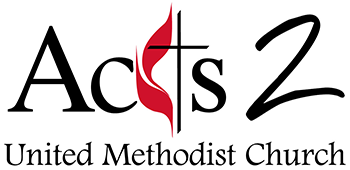Unwilling to Harm
Dr. Robert Gorrell
Reading
And the slaves of the householder came and said to him, “Master, did you not sow good seed in your field? Where, then, did these weeds come from?” He answered, “An enemy has done this.” The slaves said to him, “Then do you want us to go and gather them?” But he replied, “No, for in gathering the weeds you would uproot the wheat along with them. Let both of them grow together until the harvest, and at harvest time I will tell the reapers, “Collect the weeds first and bind them in bundles to be burned, but gather the wheat into my barn.”
Matthew 13:27-30
Reflection
There is a part of this parable that is crucial but often overlooked.
This parable addresses the question of theodicy, a theological category that wrestles with the “whys” of suffering and justice. In this case, it confronts the question: Why doesn’t a just God punish the wicked immediately?
The master in this story allows the weeds to grow for a time because he is unwilling to harm the wheat. In the same way, God tolerates the presence of evil in the world until the time of judgment. John Wesley might say that God grants more time so that we, as followers of Christ, can share God’s love with others.
Matthew’s point is that God will ultimately bring justice. The wording of verse 41 offers assurance and hope: all causes of sin (ta skandala in Greek), along with those who commit evil, will be dealt with by God and His angels.
This parable affirms the reality of evil. But it also assures us that evil will not endure. It will be cast into the furnace of fire, while the righteous will shine like the sun in the kingdom of God (Matthew 13:41-43). We can debate whether Jesus is speaking symbolically or literally, but the bottom line remains the same—God will deal with evil.
In the meantime, as this parable teaches, our calling is clear: to be people of love, mercy, and forgiveness.
Prayer:
Dearest God, help me to entrust judgment to You. Teach me to offer love, mercy, and forgiveness to all people. Amen.


